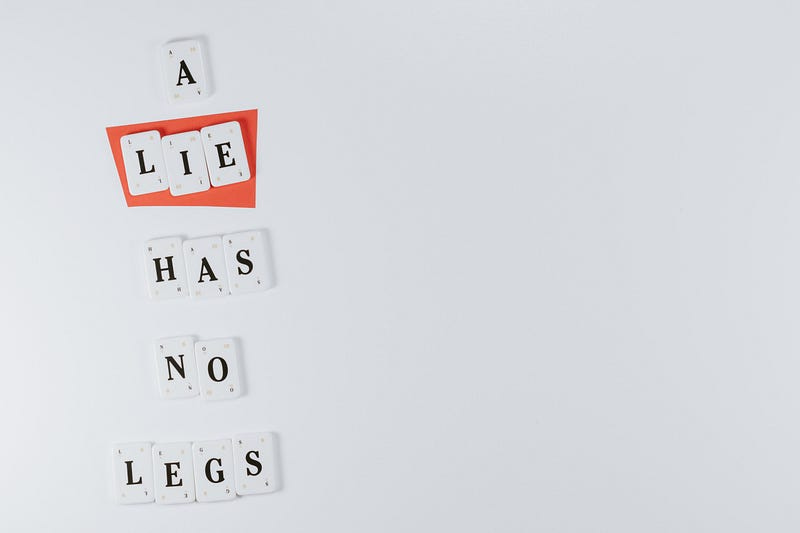Weaponized Thoughts
On this summer weekend morning I’m going to leave you with this thought on critical thinking in a time when the world is in turmoil, and…
On this summer weekend morning I’m going to leave you with this thought on critical thinking in a time when the world is in turmoil, and we’re all a little bit angry, confused and stressed about what’s going on and who to believe.
Critical thinking by definition is the objective analysis and evaluation of an issue in order to form a judgment. Regardless …



